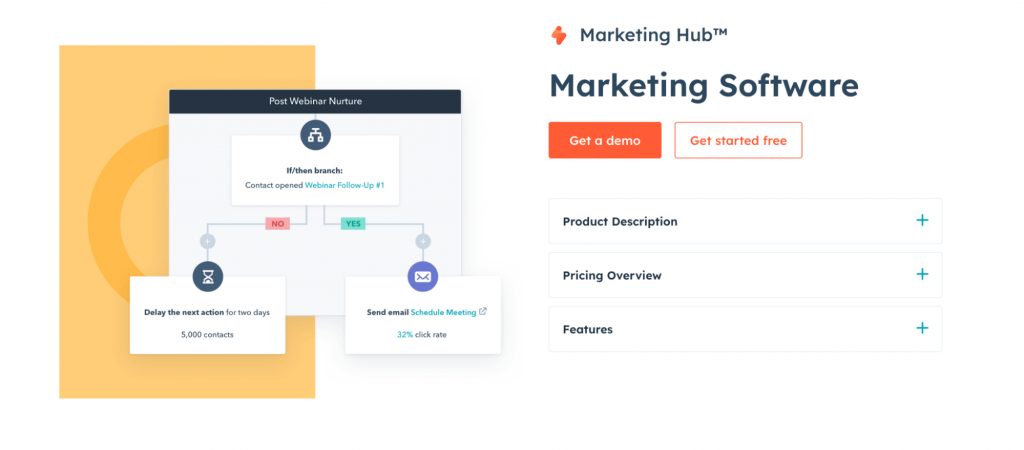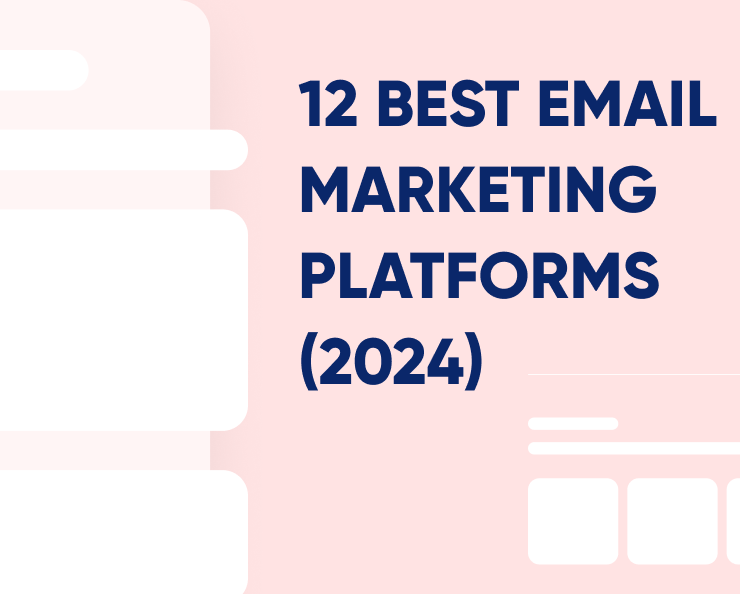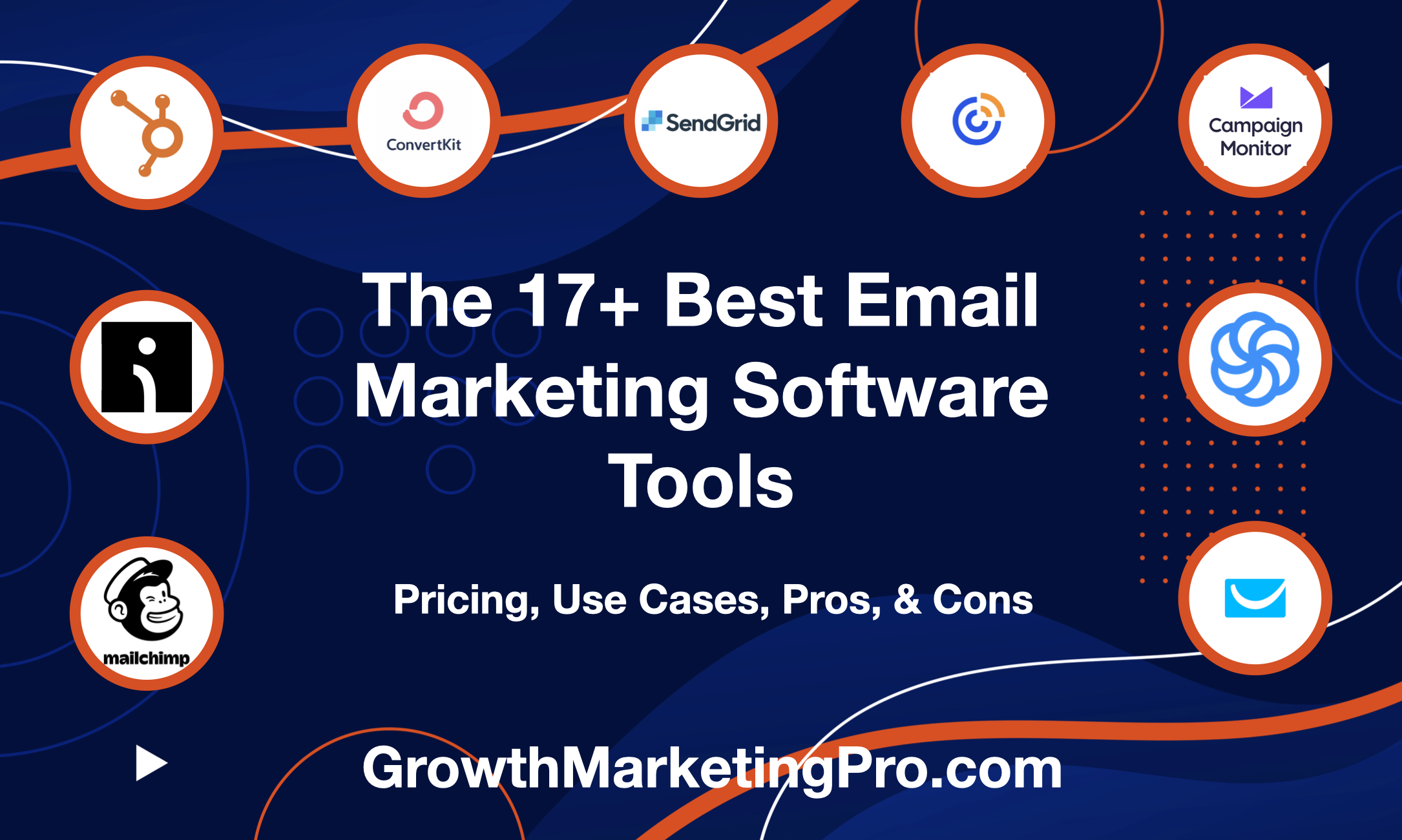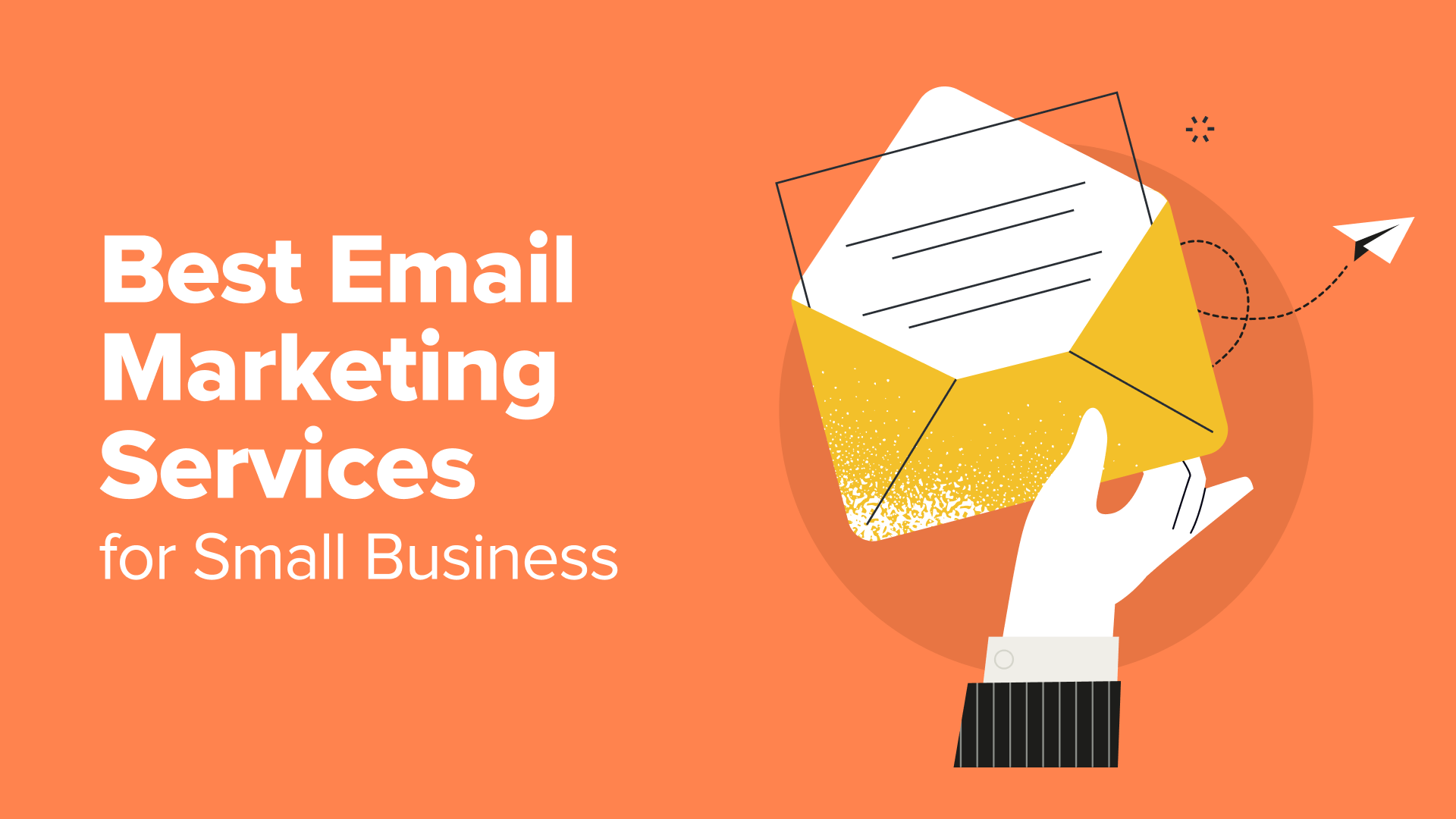Email marketing remains a powerful tool for businesses. But which platforms are the best to use?
Choosing the right email marketing platform can greatly impact your business success. Different platforms offer varying features, benefits, and pricing. Some cater to large enterprises, while others fit small businesses or startups. Understanding the options available can help you make an informed decision that aligns with your marketing goals.
This blog post will guide you through the best email marketing platforms, highlighting their strengths and what makes them stand out. Whether you’re looking to enhance customer engagement, automate campaigns, or analyze performance, finding the right platform is crucial. Let’s dive into the details and find the best fit for your needs.

Credit: useinsider.com
Mailchimp
Mailchimp is one of the most popular email marketing platforms available. It is known for its user-friendly interface and wide range of features. This platform is suitable for both beginners and experienced marketers. Let’s dive into what makes Mailchimp stand out.
Features
Mailchimp offers a variety of features that can help you create and manage effective email campaigns. Here are some key features:
- Drag-and-Drop Editor: Easily create emails with a simple drag-and-drop interface.
- Email Automation: Set up automated email sequences to engage your audience.
- Analytics and Reporting: Track open rates, click rates, and other important metrics.
- Integrations: Connect with various apps and services like Shopify, WordPress, and more.
- Templates: Use pre-designed templates to save time and maintain consistency.
Pros And Cons
Mailchimp has its strengths and weaknesses. Understanding these can help you decide if it is the right tool for you.
| Pros | Cons |
|---|---|
| Easy to use | Limited customization |
| Free plan available | Costly as you scale |
| Comprehensive analytics | Support can be slow |
| Variety of templates | Limited automation on free plan |
Mailchimp is a versatile platform that can cater to different needs. Its user-friendly features make it accessible, but there are some limitations to consider. By weighing the pros and cons, you can determine if Mailchimp aligns with your email marketing goals.
Constant Contact
One of the most popular email marketing platforms is Constant Contact. It is designed for small businesses and beginners. It offers tools to create, manage, and track email campaigns. This section explores its features, pros, and cons.
Features
Constant Contact provides several key features:
- Email Templates: Choose from hundreds of ready-made templates.
- Drag-and-Drop Editor: Easy to use and customize emails.
- Contact Management: Import and organize your email list.
- Automation: Set up automated email sequences.
- Analytics: Track open rates, click-through rates, and more.
- Social Media Integration: Share emails on social platforms.
Pros And Cons
| Pros | Cons |
|---|---|
|
|
Sendinblue
Sendinblue is a powerful email marketing platform. It offers a range of features for businesses of all sizes. Whether you are a small business or a large enterprise, Sendinblue has tools that can help you. Let’s dive into its features, pros, and cons.
Features
Sendinblue provides a user-friendly interface. It includes drag-and-drop email design. You can create stunning emails without any coding skills. The platform also offers automation tools. These tools help you send personalized emails based on user behavior. Sendinblue supports SMS marketing too. This can be a great addition to your email campaigns.
Another key feature is the advanced analytics. You can track your email performance in real-time. This includes open rates, click rates, and more. Sendinblue also offers A/B testing. This helps you find the best email strategies. Integration with other tools is easy. You can connect Sendinblue with your CRM, eCommerce platform, and more.
Pros And Cons
Pros:
- Easy-to-use interface.
- Comprehensive automation features.
- Support for SMS marketing.
- Advanced analytics and reporting.
- Cost-effective pricing plans.
Cons:
- The free plan has limited features.
- Email templates could be more diverse.
- Customer support response time varies.

Credit: useinsider.com
Hubspot
HubSpot is a leading email marketing platform known for its robust features and user-friendly interface. It’s a favorite among marketers because it offers a comprehensive suite of tools. Whether you are just starting with email marketing or are a seasoned pro, HubSpot has something for everyone.
Features
HubSpot provides a range of features designed to make email marketing effective and straightforward.
- Email Templates: Choose from a variety of pre-designed templates.
- Automation: Automate your email campaigns with ease.
- Analytics: Get detailed reports on your email performance.
- CRM Integration: Seamlessly integrates with HubSpot’s CRM tool.
- Personalization: Personalize emails for better engagement.
Pros And Cons
Understanding the pros and cons of HubSpot can help you decide if it’s the right platform for you.
| Pros | Cons |
|---|---|
|
|
Convertkit
ConvertKit stands out as a popular choice among email marketing platforms. It is designed with creators in mind. Bloggers, YouTubers, and podcasters find it particularly useful. Let’s delve deeper into what ConvertKit has to offer.
Features
ConvertKit offers a range of features that cater to the needs of content creators. Here are some key functionalities:
- Email Automation: Simplifies the process of sending sequences.
- Landing Pages: Create attractive landing pages with ease.
- Subscriber Management: Tag and segment subscribers effectively.
- Integrations: Connect with various third-party apps.
- Customizable Forms: Build forms that match your brand.
Pros And Cons
| Pros | Cons |
|---|---|
|
|
Aweber
AWeber is a popular email marketing platform. It helps businesses connect with their audience. It is known for its user-friendly interface. AWeber offers many useful features for both small and large businesses.
Features
AWeber provides a range of features. It has a drag-and-drop email builder. This makes designing emails easy. Users can create beautiful emails without knowing how to code. The platform also offers a library of pre-designed templates. This saves time and effort.
Another key feature is the autoresponder. This tool automates email follow-ups. It helps businesses stay in touch with subscribers. AWeber also supports list segmentation. This means users can target specific groups with tailored messages. Analytics and reporting are also available. These tools help track the performance of email campaigns.
Pros And Cons
AWeber has many advantages. It is easy to use. This makes it suitable for beginners. The drag-and-drop builder is intuitive. The autoresponder feature is powerful. It helps maintain customer relationships. The platform also has a large collection of templates. This saves time on email design.
There are some drawbacks too. AWeber’s pricing can be high for small businesses. The platform lacks some advanced features. These are available in other email marketing tools. Customer support is good but sometimes slow.

Credit: www.growthmarketingpro.com
Frequently Asked Questions
What Are The Top Email Marketing Platforms?
The top email marketing platforms include Mailchimp, Constant Contact, SendinBlue, GetResponse, and ConvertKit.
Which Email Marketing Platform Is Best For Small Businesses?
Mailchimp is best for small businesses. It offers user-friendly features and affordable pricing.
Can I Use Email Marketing Platforms For Free?
Yes, some platforms like Mailchimp and SendinBlue offer free plans with limited features.
How Do Email Marketing Platforms Help My Business?
They help by automating emails, managing contacts, and tracking performance, which saves time and boosts engagement.
Which Platform Has The Best Email Templates?
Constant Contact offers a wide range of customizable email templates that are easy to use.
Conclusion
Choosing the right email marketing platform is crucial. It impacts your campaign success. Evaluate your needs. Compare features, pricing, and support. Look for user-friendly options. Test different platforms. Check integration with other tools. A good platform saves time and boosts engagement.
Your audience deserves the best experience. Happy emailing!


Leave a Reply